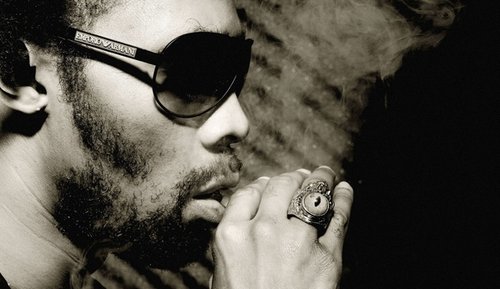
Matt Newton revisits a common theme we discuss around here, how the lack of sampling has affected the music. He gets some good new commentary from Rza, El-P and Eothen Alapatt.
RZA believes sampling needs to be regulated, starting with standardized fees and government oversight. Producers often have to give 50 to 100 percent of any publishing revenue to the original artist they’re sampling. RZA would like to see a new system where the publishing is equally split between the new producer and original artist, and in which session players from the initial recording even get paid again. “All this publishing was taken away from the artists,” he says, “and that kind of raped the hip- hop industry.” But not everyone in the industry shares his opinion.
“Not all samples are equal,” says Monica Corton, a vice president at Next Decade Entertainment. Corton, whose company represents catalogs from soul and R&B artists like Millie Jackson and Joe Simon, has licensed samples to Young Jeezy, Redman, and Pharoahe Monch. “Some people put the sampled work so out front that it dominates the song,” she says, “while others use a small portion that is not as evident.”
But according to Carr, dwindling profits across the industry have label executives searching for ways to maximize existing revenue sources. “Some of the majors have realized if they want to collect money on smaller things, they need to quote smaller figures [for samples],” she says. Lots of artists want to be honest about what they’re sampling, “but they can’t afford it.”
But until some sort of universal decision is made, more and more hip-hop artists will likely go the Kanye route and continue to blur the lines of traditional hip-hop by relying on electronic production. “Right now, without sampling in hip-hop,” RZA says, “it’s really a soggy-ass form of music.”
Read: Is Sampling Dead?
via ugsmag



